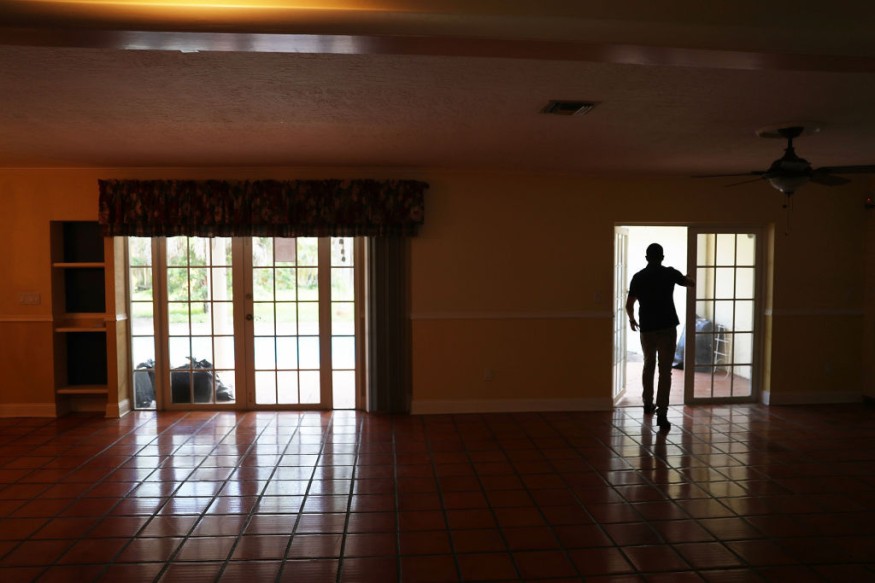
Buying a foreclosed home can be a smart way to get a property at a lower price, but it's a process that requires a little extra know-how.
A foreclosed home is one that has been repossessed by a lender. This usually happens because the previous owner was unable to keep up with mortgage payments. Often, foreclosed homes are sold below market value. While that may sound appealing, you might encounter several pitfalls if you're not too familiar with the process of buying a foreclosed property.
This guide walks you through everything you need to know to make a confident, informed decision when buying a foreclosed home.
What Are the Different Types of Foreclosed Homes?
Foreclosed homes can come in various forms.
Pre-foreclosures are homes still in the early stages of repossession. The homeowner may still live in the house, but the lender has initiated foreclosure. Often, these homeowners are motivated to sell.
Auction sales are homes that have been fully repossessed by lenders and may be sold at a public auction. Buyers can find great deals here, but auctions usually require cash payment or proof of quick financing.
Bank-owned properties (REOs) are homes that do not sell at auction. They then become a real estate owned (REO) property and is held by the bank. Buying REO properties tends to be a simpler process, as banks often clear outstanding debts and title issues. They also typically come with clear titles.
Buying a Foreclosed Home
Foreclosed homes are often sold "as-is," meaning the seller (typically the lender) won't make repairs before the sale. For that reason, it is incredibly important to thoroughly research the home and its history.
Here are some of the things you should perform first:
Title Search
Home Inspection
Market Value
In addition, we recommend getting pre-approved for a mortgage before you make an offer. Foreclosures attract many buyers, and some sellers will go for whoever produces the money for payment first.
There are lenders who specialize in foreclosures. They can provide you with insights on loan types specifically for distressed properties, some of which include renovation costs.
Preparation Is Key
Buying a foreclosed home is very different from purchasing a typical property. For starters, many foreclosed homes need repairs or updates. Failing to set aside a budget to cover these costs can leave you with a house with minor cosmetic issues and major problems.
Apart from repairs, you should also factor in the cost of insurance, especially if the house is in disrepair. Insurers can give you quotes.
Finally, we recommend working with a real estate agent experienced in foreclosures. They can help you navigate the process and ensure the deal is in your best interest. They can also help you manage the paperwork, which is often more complex than a traditional sale.



